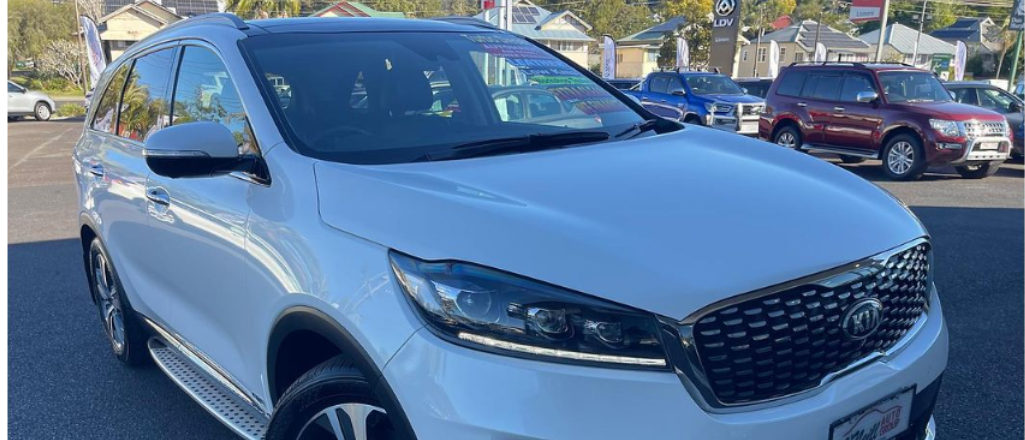NSW Government set to reinstate legislation on Private Health Insurers
15 October 2024, 4:35 PM

The NSW Government is set to reintroduce legislation requiring private health insurers to pay the full gazetted rate for their members using public hospitals. This decision comes after four months of unsuccessful negotiations with the nation's four largest insurers – HCF, NIB, Bupa, and Medibank – who have been refusing to pay the correct single room rate.
The government argues that the insurers' refusal to pay the $892 gazetted rate is costing the public health system around $140 million annually. HCF is currently paying $463, costing NSW Health $40.5 million per year. NIB pays $491, costing $17.6 million annually, while Bupa pays $501, costing $35.8 million. Medibank's $515 payment costs the system $33.4 million each year.
This issue dates back to 2013 when the insurers similarly refused to pay the correct rate, prompting then-Treasurer Mike Baird to introduce legislation to enforce the payment. The government argues that the current situation is unacceptable, particularly given the significant profits reported by the private health insurance industry in recent years.
According to the NSW Government, the industry recorded a $2.2 billion profit in 2022-23, a 110% increase from the previous year. At the same time, the proportion of premiums returned to customers has decreased from 88.03% in 2019-2020 to 82.61% in 2022-23.
Treasurer Daniel Mookhey emphasised the government's commitment to ensuring the insurers pay their fair share, stating, "Mike Baird was right 10 years ago when he demanded the insurers pay their fair share, and we are right to enforce that agreement now."
Minister for Health Ryan Park echoed this sentiment, calling on the insurers to "do the right thing and pay their fair share," highlighting the impact of their actions on the public health system. He stressed that the funds withheld could be used to hire up to 1,000 additional nurses, build a new rural hospital, or reduce the elective surgery waitlist.
Of the 53 private health insurers operating in the state, 44 have either agreed to pay the correct rate or are already doing so. The four largest funds, who represent a combined 74% of the private health insurance market, are yet to reach an agreement.
The government has stated that it remains open to discussions with the insurers and hopes they will choose to resolve the issue by paying their bills.

